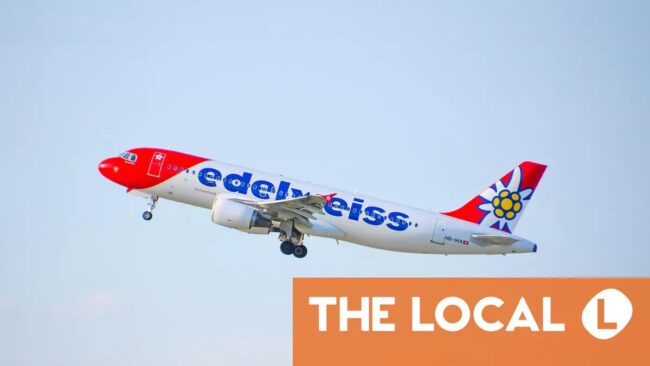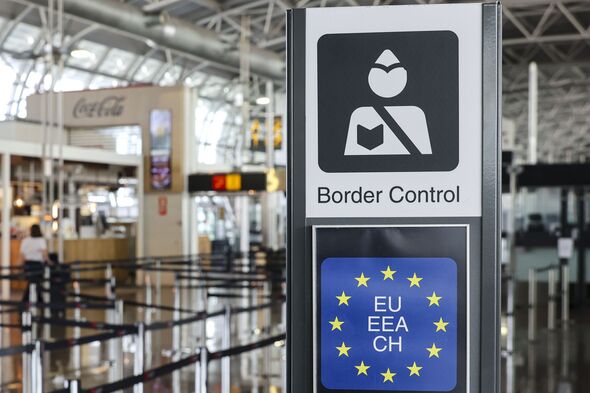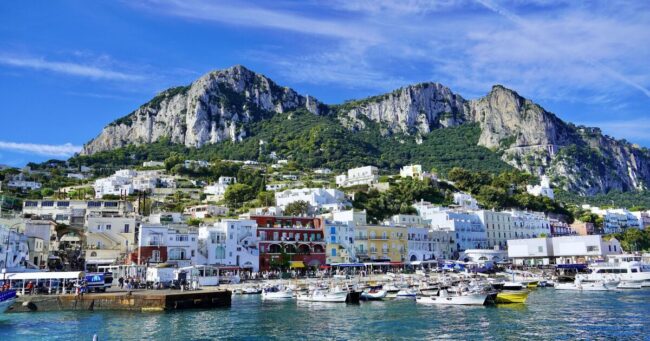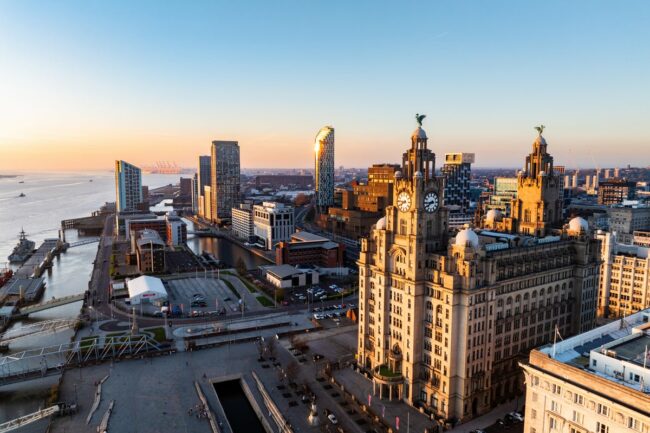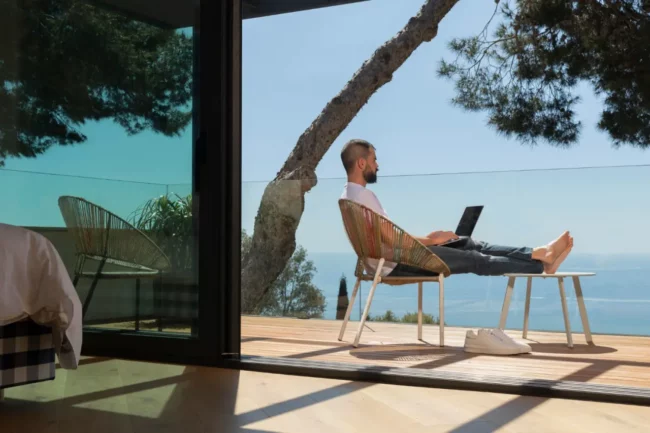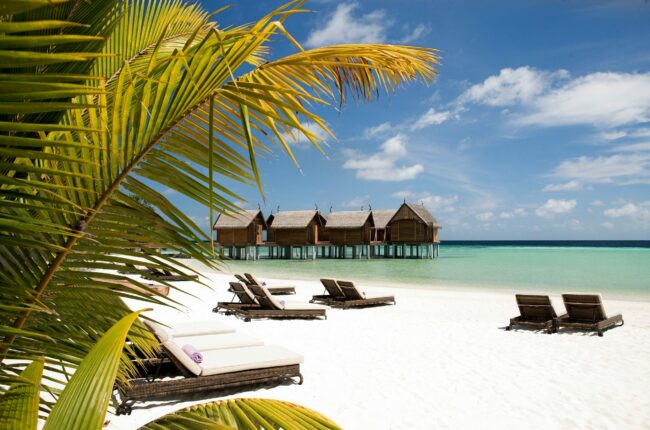Why are fewer Swiss travelling to the United States?
… one of the favourite travel destinations for Swiss tourists. But this is … happening: fewer Swiss tourists travel to the USA.
Travel industry figures show that … while 60,883 tourists from Switzerland …

